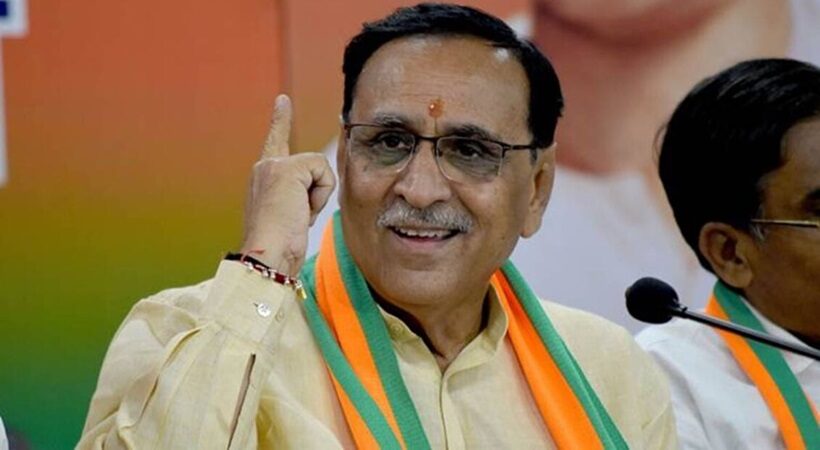The Maadar-e-Vatan scheme, launched in the 2020 annual budget, has recently been re-packaged by the Gujarat government. The scheme aims to encourage non-resident Indians (NRIs) to partner with the government for village-level projects, as “Vatan Prem Yojana”.
Earlier, there was an equal partnership between the state government and NRI, and now it has been changed to a 40 per cent share of the state government and 60 per cent of the NRI.
The launch of the “Vatan Prem Yojana” was made during the “Vikas Divas” celebrations, and Union Home Minister Amit Shah virtually launched a portal for the scheme at the event held in Gandhinagar.
“Through this Vatan Prem Yojana, the Gujarat government has given a beautiful opportunity to Gujaratis living across the globe to participate in the development of their country… I do not think there is any better opportunity than this for all those who want to become partners in development works in their respective villages. I appeal to all Gujaratis living across the globe to join the Vatan Prem Yojana,” Shah was quoted as saying at the event.
The Maadar-e -Vatan scheme would be called Vatan Prem Yojana from now on. It would cover village-level projects such as Smart Class in schools, community hall, primary health centre, Anganwadi, library, CCTV surveillance system, water recycling, drainage, sewage treatment, beautification of ponds, bus-stand and solar energy powered street lights.
A governing body headed by the chief minister and an executive committee will be created under a new clause of the Vatan Prem Yojana.
“There is no way any scheme in Gujarat will have a word with Persian roots. This was a reason for the change in name of the scheme,” said a senior official of the panchayat, rural housing and rural development department, which is implementing the scheme.
Professor Nisar Ansari (retired), who used to teach Persian in Ahmedabad, said, “The word Maadar-e -Vatan means motherland. ‘Maadar-e’ in Persian means mother.”
The “Maadar-e- Vatan” scheme was announced in February last year by Deputy Chief Minister Nitin Patel, who also holds the finance portfolio. He had also allocated Rs 200 crore in the state’s annual budget.
“Apart from the name, the percentage of contribution of the state government in this scheme has also been changed. The earlier version of the scheme saw 50:50 contribution with state government contributing equal amount of money donated by an NRI for development works in the village. Now the contribution of the state government has been reduced to 40 per cent and that of the private donor increased by 60 percent,” the official said.



















